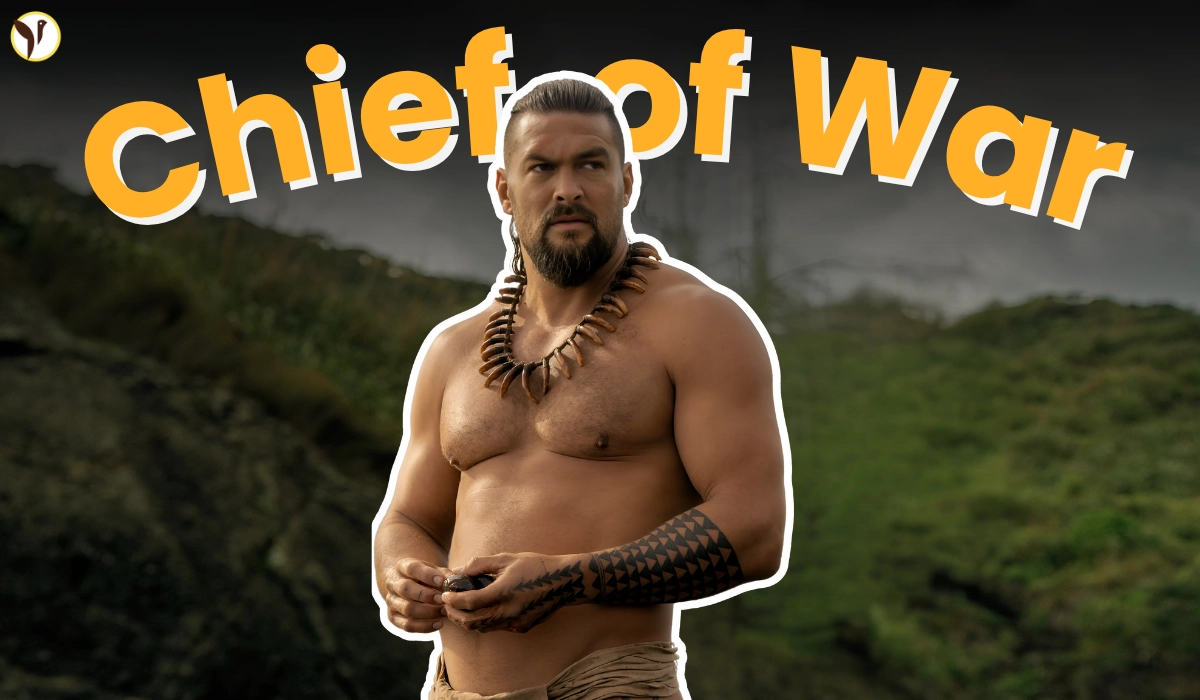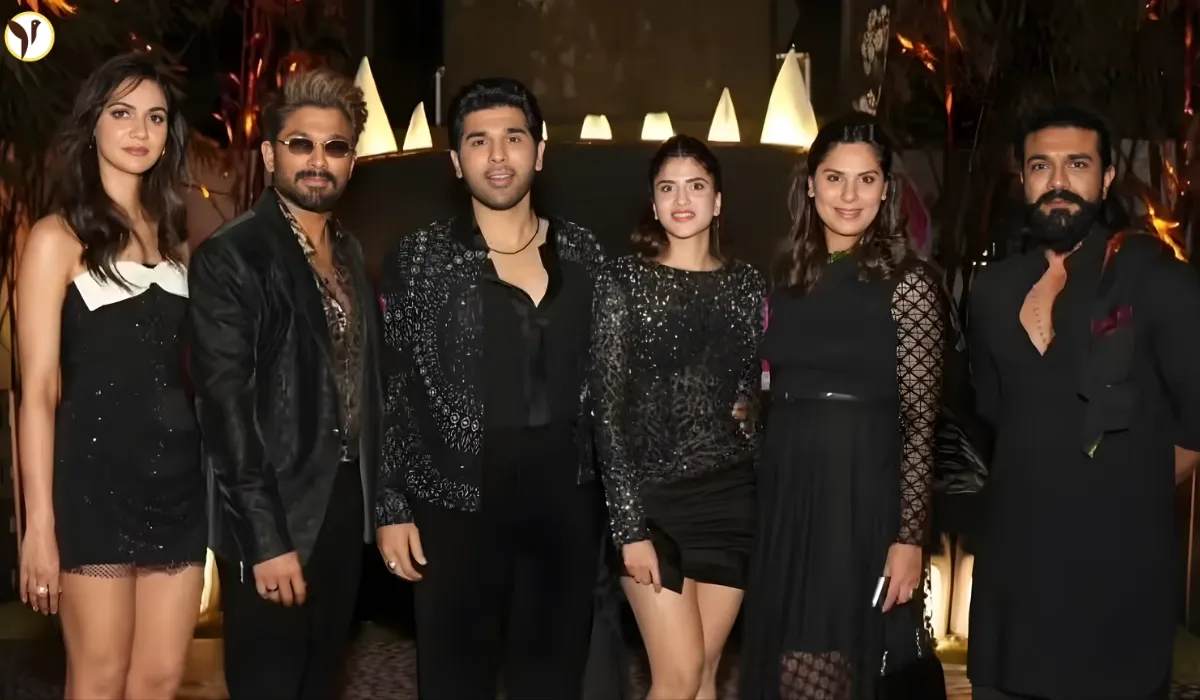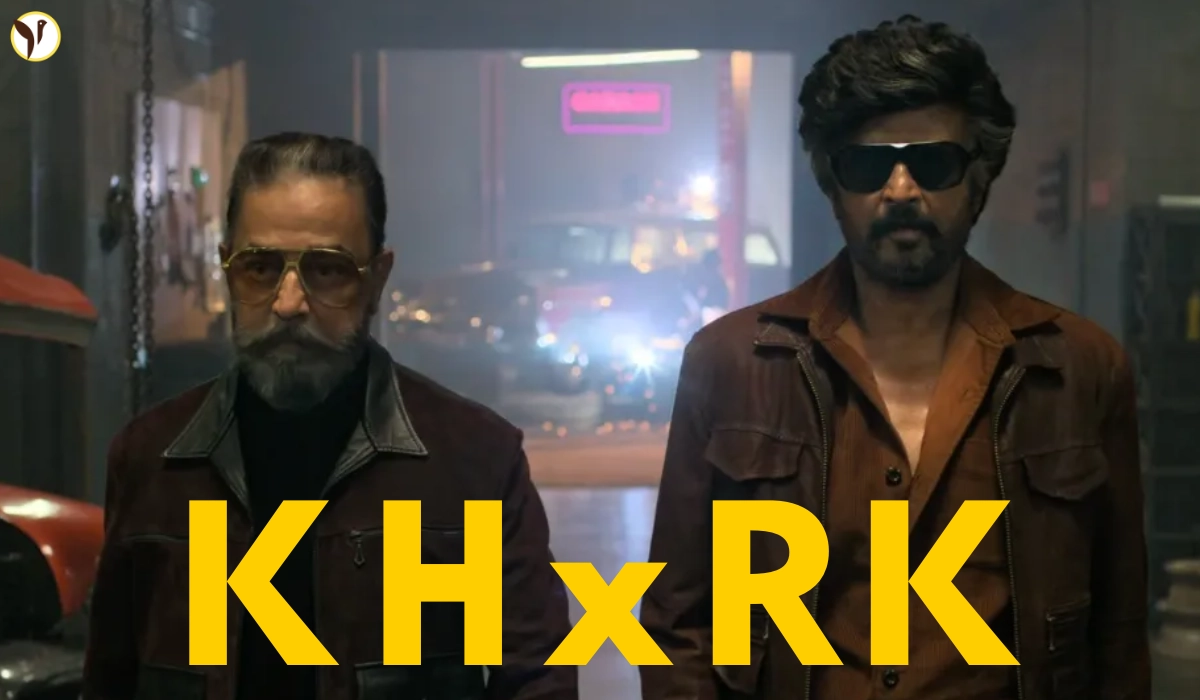An Apple TV+ original series is gaining attention for its unique spin on overlooked periods of history. Premiering on August 1, 2025, Chief of War features Jason Momoa as Ka‘iana, a Hawaiian warrior who infamously fought against a king and suffered brutal repercussions for his defiance.
Period dramas are a staple of the entertainment world, but Chief of War chooses to highlight 18th century Hawaii’s history on a more brutal and realistic level. Momoa’s portrayal of Hawaiian history seeks to show the truth and the consequences of betrayal, colonization, and violence that lurked in the shadows of his homeland. Co-creator and co-writer Momoa marked the series as a mis-rep resented history “deeply personal project” that seeks to show the truth of the history.
Momoa is also known to play some mysterious and emotional characters and the series does not disappoint. It starts with a no holds barred underwater shark fight with the Hawaiian warrior Ka‘iana. On the surface this might look exaggerated, but it is a representation of Hawaiian valor, courage, and what mythology classifies as holy strength. Such moments set the mood for the story that unfolds as a mystery, a cultural release, and a story filled with emotional intensity.
If you study the life of Ka‘iana, he is a man caught in the turmoil of conflicting obligations. He was once a steadfast supporter of King Kahekili, but is now disenchanted after witnessing the mindless slaughter in a war against the people of O‘ahu. As if the story is not gripping enough, Ka‘iana has dangerous secrets about the royal family, secrets that have the potential to alter the course of Hawaiian history.
Ka‘iana does not simply defect from the king's army; he also walks the path of becoming one of the first rebels. As he sets out to become a new leader of the defiance, he gathers supporters. The tension grows as he sets out to become a new leader for the defiance. The consequences of his actions plunge the islands into a politics, love, and betrayal filled whirlwind.
Why Chief of War Feels Different—and Why It Matters
What other historical epics fail to do is to highlight Hawaiian authentic culture, This is what makes Chief of War special, Everything from the language, the clothing, to the mannerisms and the traditions has been given the attention they deserve.
It has been noted that the show incorporates the following:
- Authentic Languages: Native Hawaiian spoken during the scenes adds cultural depth.
- Filming locations: While the islands of Hawaii are the primary locations, some scenes are also filmed in New Zealand, adding more authentic landscapes that contribute to the plot.
- Historical accuracy: With cultural experts on set, the show blends the actual events with the inner emotional experiences of real historical figures imaginatively.
- Strong female roles:One of the most important women in Hawaiian history, Ka‘ahumanu, is portrayed in the series as a powerful young woman who is destined to help shape the kingdom.
Visually stunning, unapologetically violent, and quietly emotional are but a few of the phrases critics have used to described the show. While all of these phrases capture different facets of the show, what is perhaps most important is that the show embraces uncomfortable truths. Power, for instance, is not only fought with swords but also betrayal, hidden motives, and sacrifice.
As further episodes are released, viewers are left wondering whether the fight is for the people or for the fighter's own future. What remains constant is the hint towards a much greater and more sinister disruption—the potential of a prophecy that Ka‘iana hints towards.
It is the goal of the series to not only tell a story of war, but to assert that the history taught in schools is perhaps a diluted or even fabricated version of the real events. Chief of War aims to introduce us to true heroes that have been forgotten, battles that went unnoticed, wars, and cultures that are in desperate need of greater representation on screen.
To Jason Momoa, this project is more than just entertainment; it is a means of preserving culture. For viewers, this project is a unique opportunity to witness a historical epic that is fresh, compelling, and infused with dramatic tension.
Source(Image / Thumbnail): imdb.com









